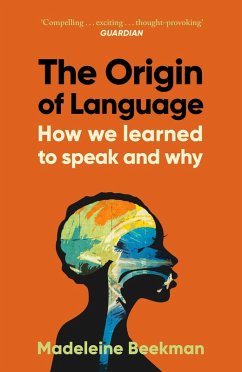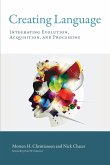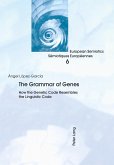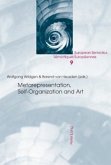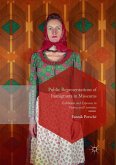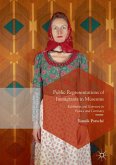In a radical new story about the birth of our species, The Origin of Language argues that it was not hunting, fighting, or tool-making that forced early humans to speak, but the inescapable need to care for our children. Journeying to the dawn of Homo sapiens, evolutionary biologist Madeleine Beekman reveals the "happy accidents" hidden in our molecular biology - DNA, chromosomes, and proteins - that led to one of the most fateful events in the history of life on Earth: our giving birth to babies earlier in their development than our hominid cousins the Neanderthals and Denisovans. Faced with highly dependent infants requiring years of nurturing and protection, early human communities needed to cooperate and coordinate, and it was this unprecedented need for communication that triggered the creation of human language - and changed everything. Infused with cutting-edge science, sharp humour, and insights into the history of biology and its luminaries, Beekman weaves a narrative that's both enlightening and entertaining. Challenging the traditional theories of male luminaries like Chomksy, Pinker, and Harari, she invites us into the intricate world of molecular biology and its ancient secrets. The Origin of Language is a tour de force by a brilliant biologist on how a culture of cooperation and care have shaped our existence.
'A rigorous examination of the evolution of human communication. Compelling, thought provoking and hugely entertaining. I learned even as I laughed.' Ashley Ward, biologist and author of The Social Lives of Animals and Sensational
'Looking for "reasons why" in biology can seem a mug's game: every little biological accident sticks around in the genome, where it rubs up against every other little biological accident, hopelessly entangling causes and effects. Happily, no one dissuaded Beekman, who weaves a gripping, well-evidenced chain of chance between our molecular biology and language, our rarest skill' Telegraph, Best Books of 2025

